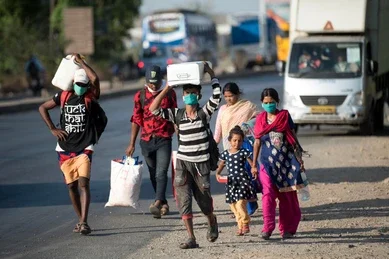
As Vietnam’s economy grows, its dependence on low-cost labor and unsustainable practices threatens long-term competitiveness. Transitioning to green technologies and higher-skilled industries is crucial. A national strategy that balances growth with environmental stewardship will ensure future resilience.

High unemployment and a vast informal workforce in India result in job insecurity and limited social protections. A persistent skills mismatch worsens the situation. Comprehensive reforms in education, training, and job creation are essential to unlock economic potential and promote long-term stability.

In Kenya, the challenge lies in addressing the low levels of formal sector employment, which limit economic growth and stability. A significant reliance on agriculture leaves many vulnerable to climate change and market fluctuations. Enhancing skills training and diversifying economic opportunities are essential to uplift livelihoods. Strategies must be implemented to transition workers from subsistence farming to sustainable, formal employment pathways.

Germany’s aging population is intensifying workforce shortages in critical sectors, threatening long-term economic stability. Without swift adaptation, productivity and innovation may decline. Strategic policies, talent attraction, and upskilling initiatives are needed to sustain a dynamic and competitive economy.

Integrating immigrants into the workforce remains a challenge in Finland due to barriers in language acquisition and recognition of prior qualifications. These hurdles limit economic contribution and deepen social divides. A coordinated effort among government, employers, and communities is crucial to foster inclusive employment and bridge labor shortages.
